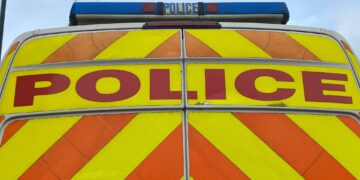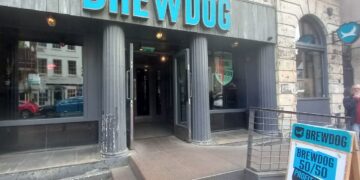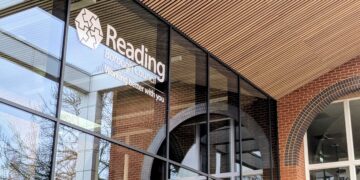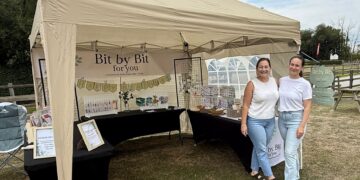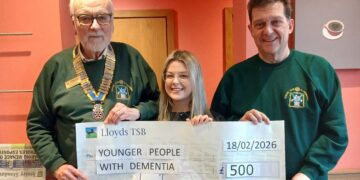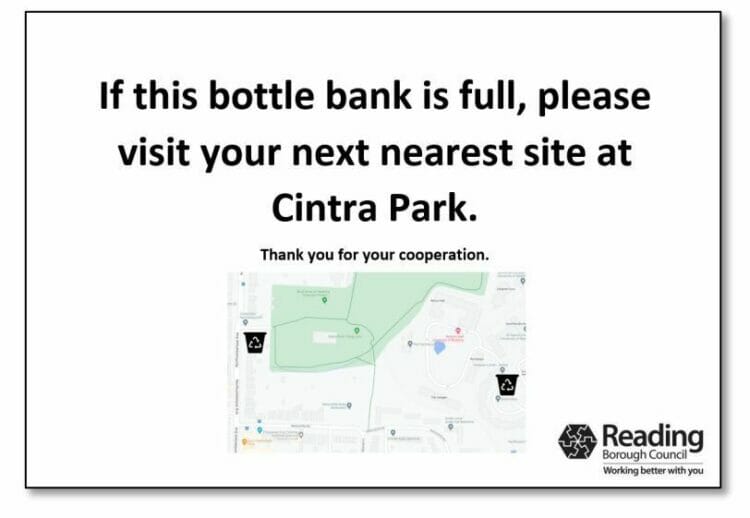Reading residents have been told what to do when bottle banks get overflowed with glass.
There are 49 bottle banks across Reading Borough where glass can be recycled.
Despite pushes for kerbside glass recycling collections, something that is operated by West Berkshire Council, a similar service has not been introduced in Reading yet.
The council’s Labour administration has previously said it is waiting for secondary legislation attached to the Environment Act 2021 to be determined before it can deliver a kerbside collection service.
That means people continue to have to take their glass bottles and cooking jars to bottle banks for recycling.
But what should someone do when the bottle banks are full?
Residents should take the glass to the nearest available bottle bank.
One resident, Edd Street, asked whether knowledge of the location of bottle banks could be improved by providing maps showing the nearest alternative bottle bank location.
His question was answered Karen Rowland (Labour, Abbey), the lead councillor for environmental services and community safety.
She said cases of overflowing bottle banks have declined since re3, the recycling company for Reading, Wokingham and Bracknell introduced mixed glass bank collections in November 2021.
Cllr Rowland explained: “We have observed a 90 per cent reduction in reported overflows, with 373 overflows reported between January and October 2021 (colour-separated glass collection), compared with only 36 overflows were reported between January and October 2022 (mixed glass collections).
“Specifically for Reading Borough, there have been only seven reports of overflows so far this year, and the majority of these incidents are typically related to the seasonal increase in tonnages that usually occur after Christmas in January.”
Locations of bottle banks can be found on the council website, the re3 website and app, and the Recycle Now – Recycling Locator search.
Additionally, QR code stickers that lead directly to information on glass recycling (including advice in multiple languages and a map) have been placed on the glass banks.
Mr Street’s suggestion of a physical map of locations and their provision at bottle banks has been considered by the council.
Cllr Rowland said: “The current signs use large font to be clearly visible, but where it is considered necessary a map could be included, however the text size would need to be reduced and the map would be relatively small scale.”
Overflowing bins should be reported to the council using the Love Clean
Reading app, after which the council’s recycling team will liaise with re3 about additional glass collections or bringing the next scheduled collection forward.
People can also use the re3cyclopedia app, where you can find the nearest bottle banks pinpointed on a map.
The question and answers were meant to be given in person at the last meeting of the council’s housing, neighbourhoods and leisure committee, but Mr Street was unable to attend, therefore Cllr Rowland’s responses were written.

